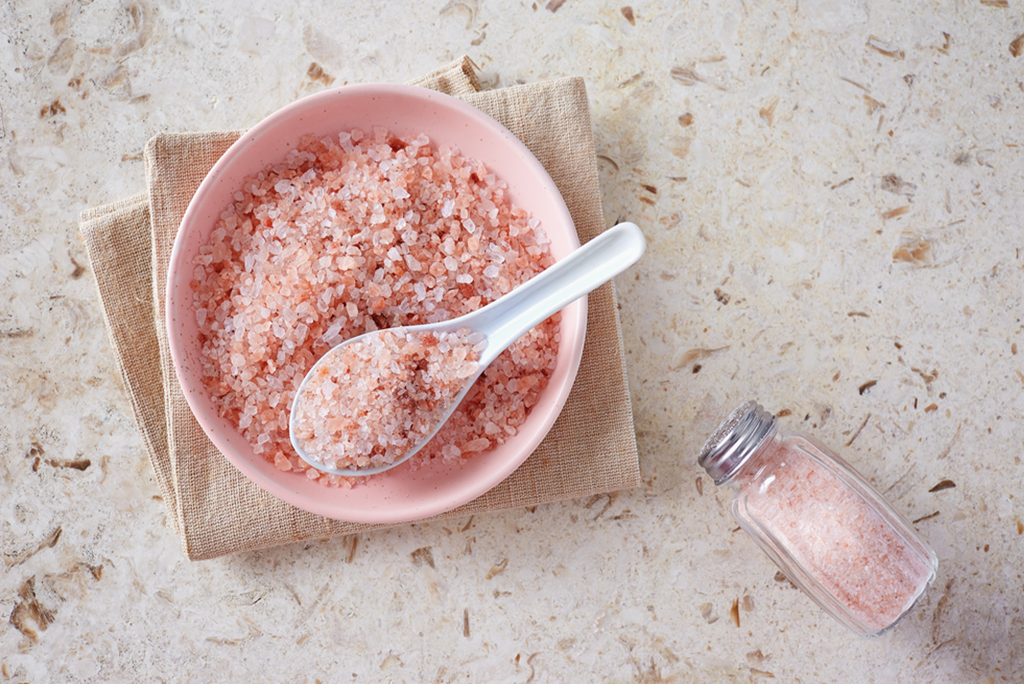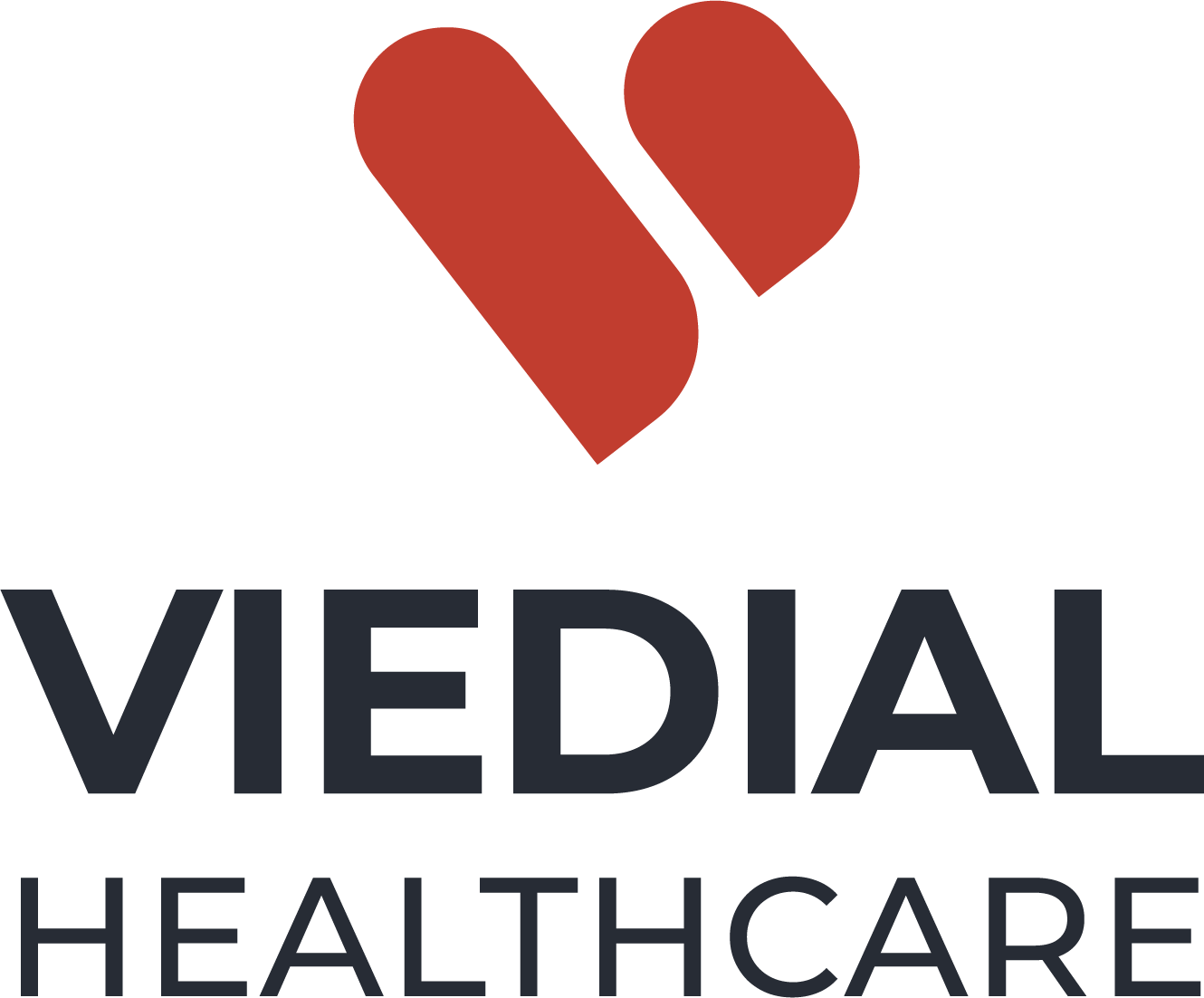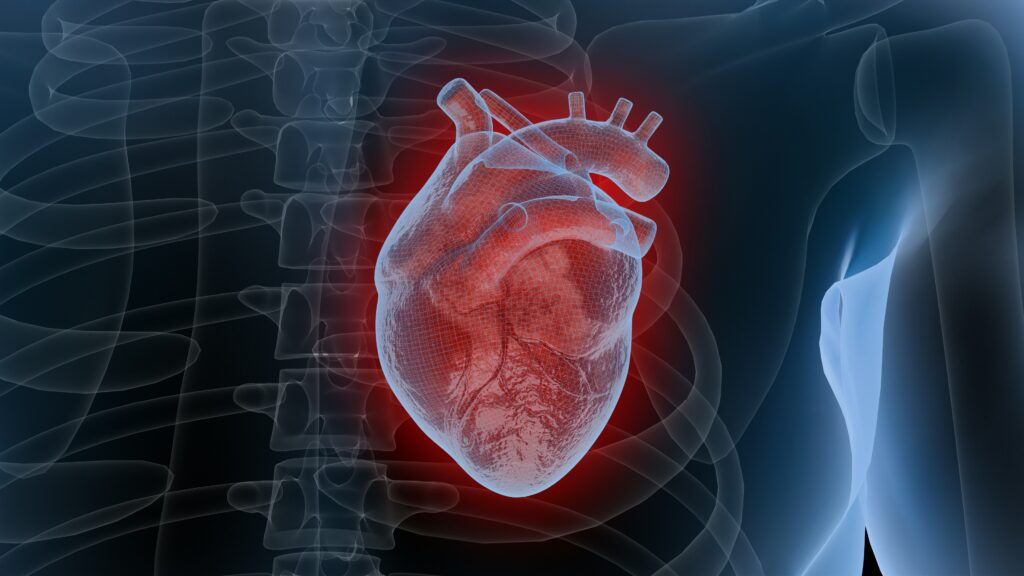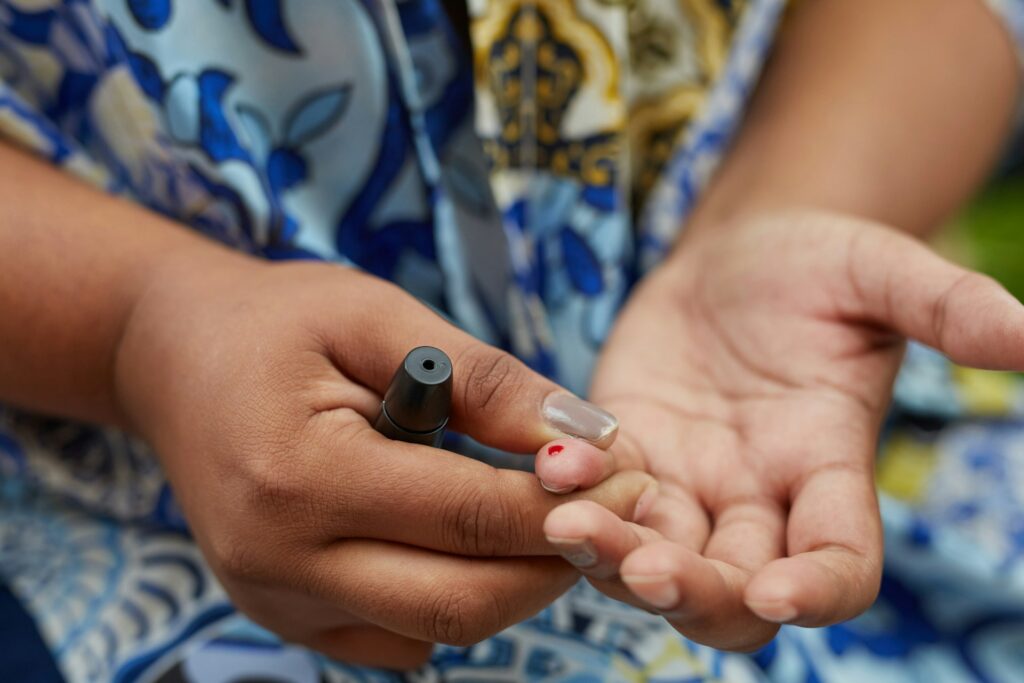
What Are The Causes Of High Blood Pressure?
High blood pressure, otherwise known as hypertension, is a condition where there is a consistently strong force of blood that is pushing against the walls of your arteries. Recognizing the causes of high blood pressure is pivotal in its prevention and management, ensuring a healthy heart for years to come.
Primary (Essential) Hypertension
For most adults with high blood pressure, there isn’t a recognizable cause. Known as primary or essential hypertension, it tends to develop over many years. This form of hypertension can be the result of a complex interaction between genetics, environmental factors, and multiple other variables.
Secondary Hypertension
Some people develop high blood pressure due to an underlying health condition. This type is called secondary hypertension and often occurs suddenly, presenting higher blood pressure levels than primary hypertension. Factors leading to secondary hypertension include:
- Kidney problems: Damaged or dysfunctional kidneys can disrupt the natural balance of fluids and hormones in the body, raising blood pressure.
- Adrenal gland tumors: These small glands located above the kidneys can develop tumors, causing excessive hormone production that can elevate blood pressure.
- Thyroid problems: Both overactive and underactive thyroid can be culprits.
Genetic Factors
Your genes can predispose you to high blood pressure. If your parents or grandparents had hypertension, you’re more likely to develop it.
Dietary Choices and Habits
Your dietary habits play a significant role in determining blood pressure levels:
- Salt Intake: Consuming a diet high in sodium can lead to fluid retention, increasing blood volume and consequently blood pressure.
- Low Potassium Diet: Potassium helps balance sodium levels. A lack of potassium in the diet can lead to sodium accumulation in the blood.
Lifestyle Factors
Certain lifestyle choices can be risk factors for developing hypertension:
- Physical Inactivity: A sedentary lifestyle can lead to weight gain and increased heart rate, both of which can raise blood pressure.
- Excessive Alcohol Consumption: Regular, heavy alcohol consumption can damage the heart over time.
- Tobacco Use: Smoking or consuming tobacco can cause your blood vessels to narrow and harden, leading to elevated blood pressure.
Age and High Blood Pressure
As we age, the likelihood of developing high blood pressure increases. The natural aging process can cause arterial walls to stiffen and narrow, restricting blood flow.
Environmental Factors and Their Role
Our surroundings play a more significant role in our health than most realize. The environments we frequent can influence our blood pressure in various ways:
- Pollution: Studies suggest a correlation between exposure to air pollution and increased risk of hypertension. Particulate matter in polluted air can cause inflammation and oxidative stress, leading to high blood pressure.
- Noise: Chronic exposure to loud noises, whether from traffic or a workplace, has been linked to an elevated risk of hypertension. The stress response from noise exposure, especially during nighttime, can disrupt sleep and contribute to raised blood pressure.
- Social Environment: Our social interactions and support systems can impact our stress levels, which, in turn, can influence blood pressure. Positive interactions can act as stress-relievers, while toxic relationships can be stress-inducers.
Other Contributing Factors
Several other factors can contribute to elevated blood pressure:
- Obesity: Being overweight demands more blood to supply oxygen and nutrients to tissues, which increases the pressure on artery walls.
- Chronic stress: While short-term stress can cause temporary blood pressure spikes, chronic stress can lead to prolonged elevation, especially if it leads to poor habits like unhealthy eating or smoking.
Medications and High Blood Pressure
Certain medications, like birth control pills, cold remedies, decongestants, pain relievers, and even some prescription drugs, can raise blood pressure. It’s essential to discuss any medications you’re taking with your healthcare provider.
Taking Charge of Your Cardiovascular Health through Technological Advancements
One of the most effective ways to monitor and manage high blood pressure is through consistent tracking. The Viedial app is a cutting-edge tool that allows users to record daily blood pressure readings, providing a clear picture of heart health over time. This digital tool not only helps in tracking but also offers insights into the patterns, ensuring you’re on the right path as part of a comprehensive cardiovascular health solution.
Understanding what causes high blood pressure is a step toward better heart health. By being aware of these factors and proactively addressing them, you can greatly reduce your risk. Adopting a holistic approach, which combines lifestyle changes, regular monitoring, and leveraging modern tools like the Viedial app, can make the journey toward optimal cardiovascular health more manageable and effective. Remember, your heart powers your body, and it deserves nothing but the best care.



